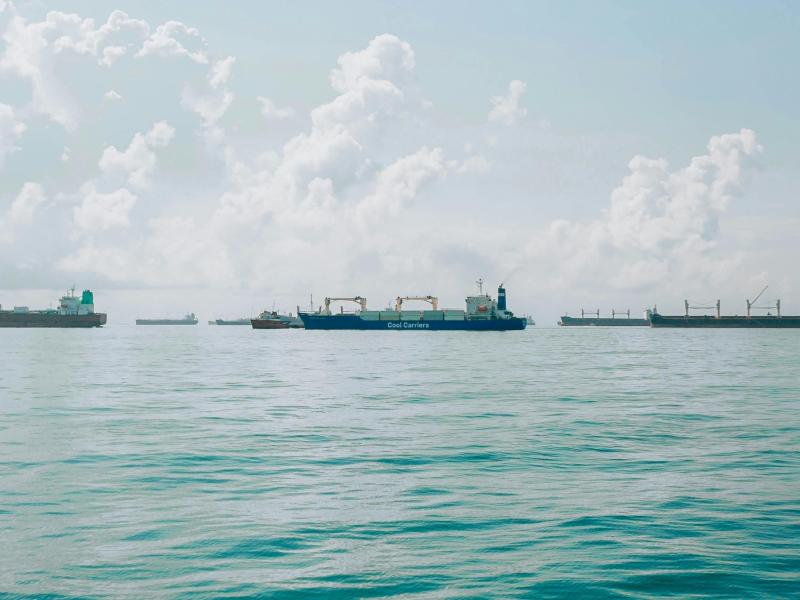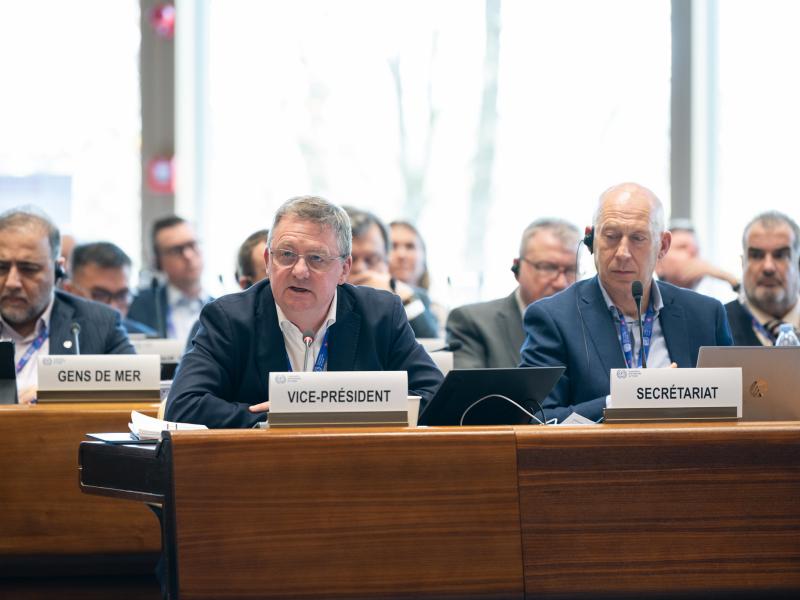The health crisis is far from over, but we need to organise now.
The ITF, and the Council of Global Unions who represents workers in all sectors, in every region, have strongly argued the case that the IMF and the World Bank need to coordinate a global economic response to the crisis that delivers for workers.
In every region, banks, multi-nationals and finance groups have organised bailout taskforces to draw up proposals to influence governments, central banks and international finance institutions. These powerful corporate bodies have been the main proponents of the politics of austerity over the last 40 years. Economies built on exploitation, greed and anti-trade unionism are their legacy.
The Oxfam 2020 report paints a devastating picture of their work: the world’s 2,153 billionaires have now more wealth than the 4.6 billion people who make up 60 percent of the global population. The 22 richest men in the world have more wealth than all the women in Africa.
The pandemic has also exposed the failings of our privatised health systems, welfare and related public services. It is no coincidence that this has all happened in concert with a relentless attack on the trade union movement. A succession of anti-union laws were imposed in every region to make it extremely difficult to organise and effectively represent workers. Union-busting through automation in ports is something dockers are familiar with, as are the inadequacies of management-led safety systems characterised by individual responsibility and an unacceptable level of fatalities. Lashing is dangerous work and should only be done by trained dockers. It’s clear we need proper regulation of the whole shipping industry and the preservation of national standards of employment for domestic supply chains.
Even before the pandemic, we had witnessed a surge in unemployment, inequalities and exploitation. The ITF represents workers in supply chain industries where these labour abuses are still happening. We need to transform economies away from low paid, precarious work. We need to embark on an unprecedented level of state intervention with job stimulus packages to grow a sustainable economy, and stop a full-scale assault on the labour market and the environment. There must be global action to end the exploitative practice of social dumping, and global action to tackle tax avoidance, evasion, and other forms of non-compliance. Workers and their unions must be included at the highest level alongside business, governments, civil society organisations and multilateral institutions.
Dockers understand the failures of the current system and recognise a grassroots organising initiative is key to delivering the change workers need. Under the leadership of the Dockers’ Section Committee and the chairs, the ITF Dockers’ Section have already launched a powerful organising plan right across the regions to meet this challenge and are continuing to work to ensure that every major port has trade union representation and ITF affiliation.
The major political parties, and the mainstream media, all coalesce around a neoliberal system that has consolidated corporate greed while neglecting public need and workers’ rights. But the crisis is actually an opportunity to realise the necessity of changing our society, in its way of life, mode of ownership, mode of production and relationship to nature and the environment.
THE ITF CHARTER FOR CHANGE IDENTIFIES KEY DEMANDS:
- Union-led Workers’ Occupational Safety and Health Framework
- Strict regulation of outsourcing including lashing and remote operations
- Stronger regulation of the shipping industry
- Preservation of national standards of employment for domestic supply chains
- Properly funded retirement/pension schemes
- Job creation and stimulus programmes
- The repeal of anti-trade union legislation to end union-busting
- Restructure national and global economies to equitably share wealth
- Equality and diversity
- End social dumping
- Restructure tax systems to favour workers
- Reverse the privatisation of key industries
- Abolish tax havens/tax avoidance schemes
- Housing affordability
- Banking reforms



